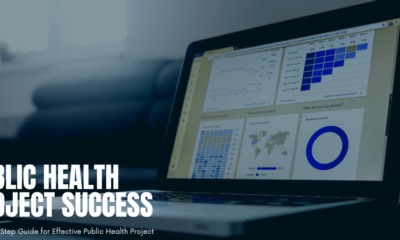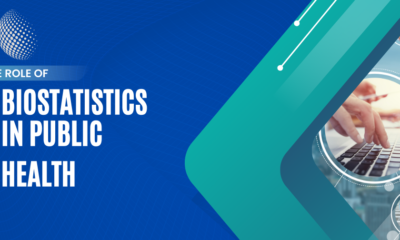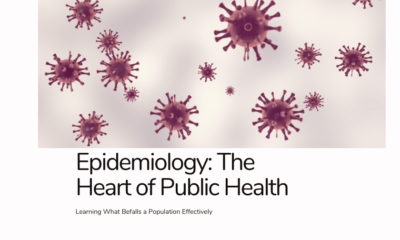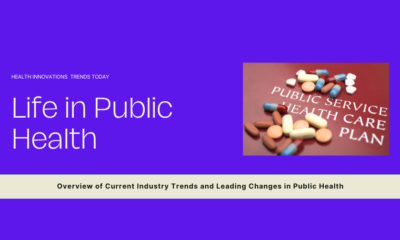

Public health projects play a critical role in promoting health and preventing disease within communities. Whether you’re a student, researcher, or public health professional, crafting a...


Biostatistics, a term derived from “biology” and “statistics,” is a scientific discipline that applies statistical methods and reasoning to analyze biological data. This field is pivotal...


Epidemiology is a discipline in public health that examines the distribution, determinants, and deterrents of health-related events in populations. It provides the scientific foundation for public...


Health protection in diverse environments is a complex and multifaceted endeavor that necessitates a nuanced understanding of various social, economic, cultural, and environmental factors. As the...


Evidence-based public health (EBPH) is a paradigm that emphasizes the use of scientific research and evidence in formulating and implementing public health policies, programs, and interventions....


Public health has always been at the forefront of addressing society’s most pressing health challenges. From controlling infectious diseases to promoting healthy lifestyles, public health professionals...


The global COVID-19 pandemic has catalyzed a seismic shift in how societies perceive, discuss, and address mental health. The unprecedented circumstances of lockdowns, social distancing, economic...


As we approach the latter half of 2024, the landscape of COVID-19 and its mitigation strategies, particularly vaccination, continues to evolve. With the emergence of new...


The field of Public health is a dynamic setting that seeks to improve the health and well-being of populations through a variety of strategies, policies, and...


Education refers to the process by which individuals acquire knowledge, skills, talents, values, beliefs, and social attitudes, through a structured process of education. The acquisition of...